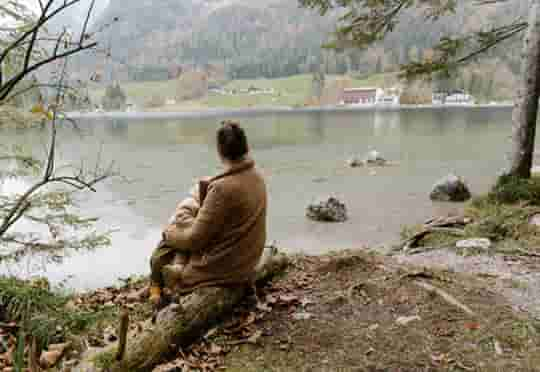Cortisol, the stress hormone, was reduced in just 20 minutes.
A 20-minute stroll in nature is the most efficient way to reduce stress levels, research finds.
Just 20 to 30 minutes provided the biggest drop in levels of the stress hormone, cortisol.
Critically, taking a ‘nature pill’, as the researchers call it, involves not using phones at all, not talking to anyone, or reading — just being in nature.
Dr MaryCarol Hunter, the study’s first author, said:
“We know that spending time in nature reduces stress, but until now it was unclear how much is enough, how often to do it, or even what kind of nature experience will benefit us.
Our study shows that for the greatest payoff, in terms of efficiently lowering levels of the stress hormone cortisol, you should spend 20 to 30 minutes sitting or walking in a place that provides you with a sense of nature.”
Over 8 weeks, 36 people living in the city were asked to take a walk in nature of at least 10 minutes.
They had their cortisol levels measured before and after.
Dr Hunter explained:
“Participants were free to choose the time of day, duration, and the place of their nature experience, which was defined as anywhere outside that in the opinion of the participant, made them feel like they’ve interacted with nature.
There were a few constraints to minimize factors known to influence stress: take the nature pill in daylight, no aerobic exercise, and avoid the use of social media, internet, phone calls, conversations and reading.”
Participants were free to walk where they wanted, for however long they wanted, said Dr Hunter:
“Building personal flexibility into the experiment, allowed us to identify the optimal duration of a nature pill, no matter when or where it is taken, and under the normal circumstances of modern life, with its unpredictability and hectic scheduling.”
The results showed that just 20-30 minutes was the optimal period for de-stressing in nature.
Walking for longer de-stressed people more, but the rewards declined after 30 minutes.
Dr Hunter said the study…
“…provides the first estimates of how nature experiences impact stress levels in the context of normal daily life.
It breaks new ground by addressing some of the complexities of measuring an effective nature dose.”
The study was published in the journal Frontiers in Psychology (Hunter et al., 2019).

